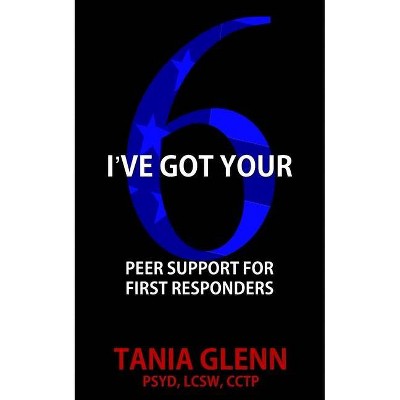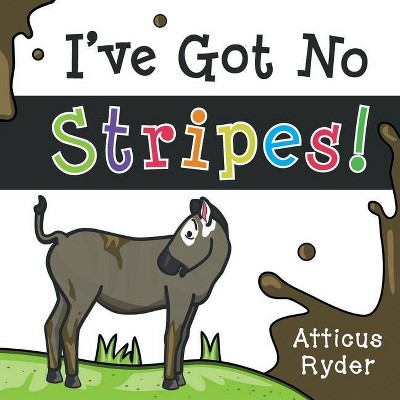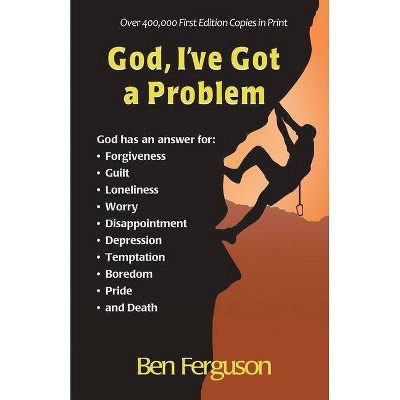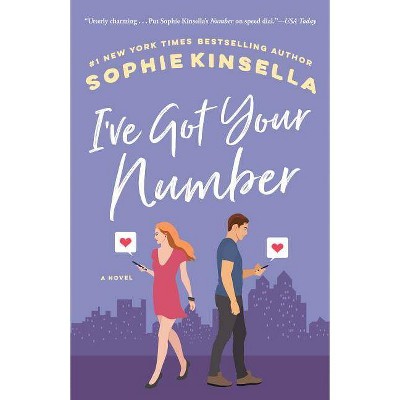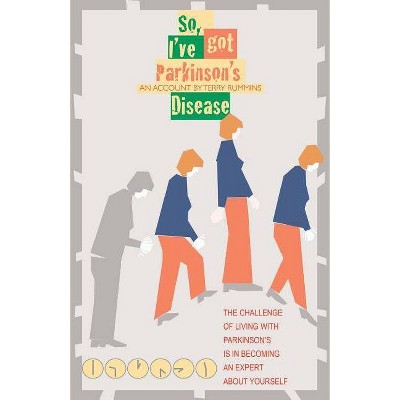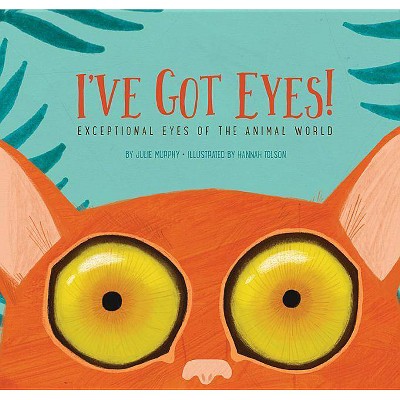I've Got Tickets to Heaven - by Jc de Melo (Paperback)
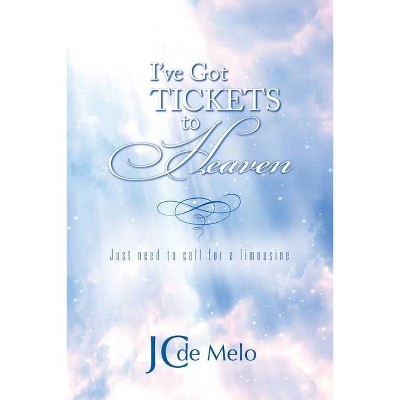
Similar Products
Products of same category from the store
AllProduct info
<p/><br></br><p><b> About the Book </b></p></br></br><p>Café style conversations amongst friends about themes well familiar to humans.</p><p/><br></br><p><b> Book Synopsis </b></p></br></br><p>I've Got tickets to Heaven is meant to be, as the author claims, no more than reproductions of café style conversations amongst friends about themes well familiar to humans. These conversations, at one stage of their friendly encounters, eventually evolve and connect with more serious gatherings of civic and social nature.</p><p>The novel is helped by the characters' combination of organized events and collective duties, as well as the unexpected outcomes along their way of impacting their own personal lives' fulfillments. It also helps that this small group of acquaintances grows in respect and admiration for each other. Their impact on others in the society they live in is so subtle and yet so necessarily magnanimous. It is at one time very contagious and life's changing. Max, the charismatic Agnostic and Sam the homeless with an unequivocal class act, are the most beneficiaries of their participatory and social gatherings.</p><p>The small group of friends comes from a variety of backgrounds, are professionally engaged in different endeavors, and, dedicate their supposedly free time to causes that impact society as a whole. One is an Agnostic, another is a Dominican Catholic priest, another is a laywoman with strong connections to the Catholic church, who also drags her very unorthodox husband to the same gatherings, another is a Lutheran Pastor. Although other protagonists come to this dance floor of human gatherings and conversations, the most visible character happens to be a homeless San Franciscan man. Sam, as he is known to the others, kind of connects with all in some unorthodox fashion and, as aloof and elusive he is to the other protagonists, becomes the shining example to all living human beings. Sam, eventually, and never abdicating from his role among the nation of other homeless people, grows to see and enjoy the company of these privileged folks.</p><p>Along the way, and as a byproduct of Herbert, the Lutheran Pastor's opening of a small homeless shelter in the city and, Fausto's almost daily connections with Sam, the homeless, a friendship grows on both. Both feel free and unencumbered in frank conversations on the separation of Catholicism and Protestantism. The subject of reformation comes to the fold; and both find a way to discourse freely the causes of the protestant reformation, the Catholic Church's slow feet in reform, and the critical issue of priests' celibacy.</p><p>A typical barbecue afternoon becomes a friendly event that not only finds typical food and drinking enjoyment, but also sets the stage for more intellectual, historic, and warm feelings engagements. The protagonists are the usual friends plus others who participated in the student's thesis project. These are Elvera and Walter, Max, and his wife, Karen, and her husband Arthur, Herbert, the Lutheran, and finally the ever-elusive homeless Sam. A Sunday barbecue at Elvera's is the longest chapter and the one where all the best conductors of goodwill on the planet are socially engaged, warmly gratified, and above all hope for a more just world appears to be within their reach. Sam's presence is carefully noted and enjoyed.</p>
Price History
Price Archive shows prices from various stores, lets you see history and find the cheapest. There is no actual sale on the website. For all support, inquiry and suggestion messagescommunication@pricearchive.us

